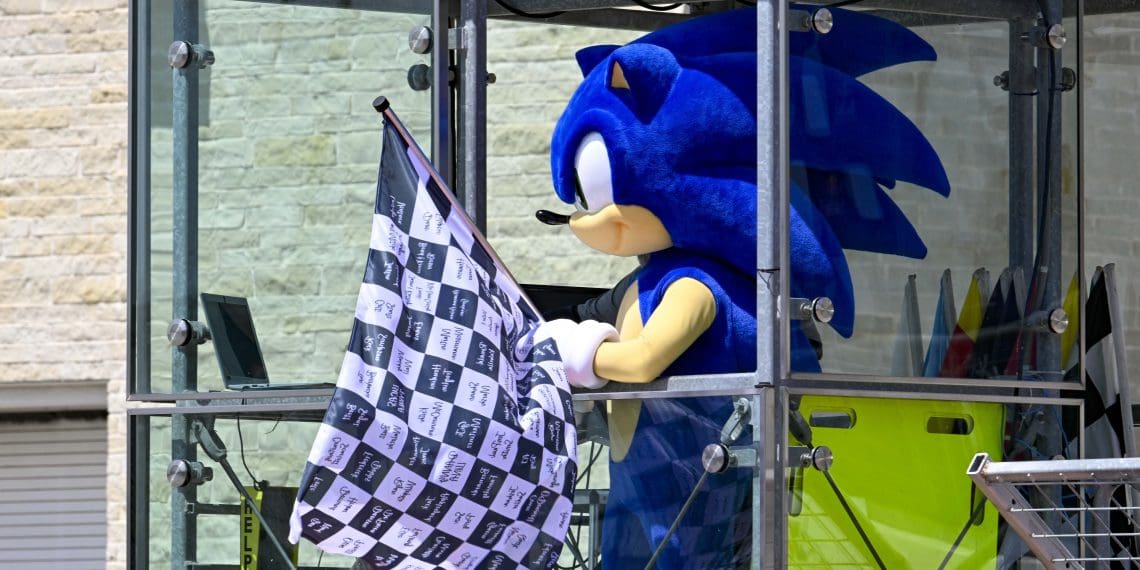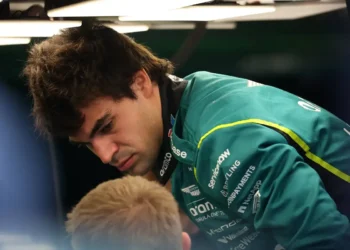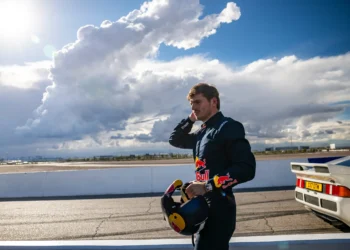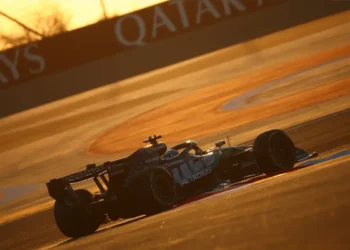Liberty Media, the owner of Formula 1, is under intense scrutiny for its proposed acquisition of MotoGP parent company, Dorna Sports, which could spark a significant shift in global motorsport. The takeover, slated for completion by the end of 2024, would give Liberty control over MotoGP, World Superbike (WorldSBK), and their support classes, raising alarms over potential breaches of European competition laws.
Belgian Member of European Parliament (MEP) Pascal Arimont has formally requested that the European Commission investigate the acquisition, citing concerns that the deal could harm consumers and reduce fair competition in the motorsport industry. Arimont emphasized that a monopolistic control over two of the world’s most prominent motorsport categories—Formula 1 and MotoGP—could create significant imbalances in market competition, particularly in negotiations with broadcasters and other stakeholders.
Arimont’s concerns echo those of other prominent figures, including Formula E Chairman Alejandro Agag, who urged the European Commission to carefully examine Liberty’s proposed €4.2 billion acquisition of Dorna. Agag, himself a seasoned motorsport executive, believes that the combined influence of F1 and MotoGP under a single entity would grant Liberty an undue advantage in the media and broadcasting markets.
“From the point of view of competition law, I think there are significant challenges,” Agag told the Financial Times. He stressed the need for “proper remedies to guarantee fairness in the market” if the deal is to move forward.
This isn’t Liberty Media’s first brush with antitrust concerns in 2024. The company faced backlash for rejecting Michael Andretti’s bid to establish a new American F1 team, even after Andretti’s proposal received approval from the FIA. Liberty’s decision was criticized as being protective of the existing F1 teams, prompting a letter from members of the U.S. Congress accusing Liberty of violating American antitrust laws. This has led to further investigation by the U.S. Department of Justice’s Antitrust Division.
The proposed acquisition also brings back memories of a similar situation in 2006 when CVC Capital Partners, then the owner of F1, was forced to sell MotoGP due to concerns raised by the EU’s competition regulators. With the risk of Liberty gaining unprecedented control over both four- and two-wheeled motorsport, the possibility of a motorsport monopoly looms large.
As the European Commission evaluates Liberty’s move, questions remain about the long-term effects this could have on the global motorsport landscape. With concerns over market fairness, competitive balance, and broadcasting leverage, the outcome of this investigation could shape the future of Formula 1, MotoGP, and beyond.










